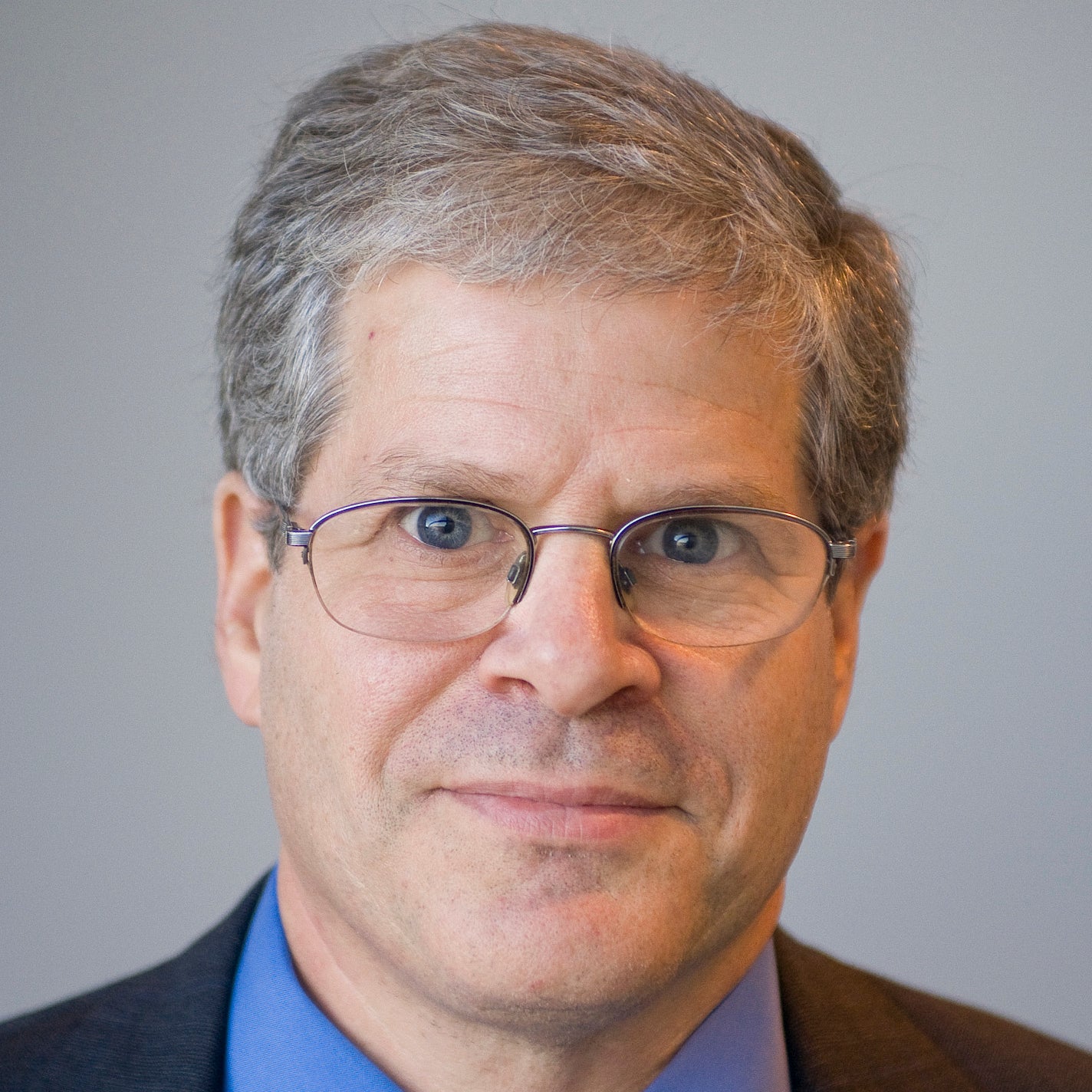March 30, 2018 — Boston
This piece originally appeared in Providence Journal.
Passover is known as the Festival of Freedom. At the annual Passover Seder, Jews relive the ancient Hebrews’ exodus from slavery and are reminded that every generation is obliged to rededicate itself to the quest for freedom. I was vividly reminded of this responsibility during a recent visit to Rome, Italy.
Late on a Friday afternoon, I went to a synagogue to welcome the start of the Jewish Sabbath. The synagogue was housed in a stately old building that sadly appeared more like a fortress than a house of prayer. There was a tall fence, cameras, barriers, two police cars deployed in front, and more. When I approached the gate, I was politely told to wait across the street until invited to go through a security check.
It was apparent that the Italian government was taking extraordinary measures to ensure the safety of its small Jewish community. It was striking, however, that none of the beautiful historic Roman churches I had visited, many of which house priceless works of art, enjoyed similar protection. This disparity reflects a long and difficult history.
For centuries, the threat of anti-Jewish violence has been an enduring element of Jewish life. It is the consequence of an idea that has been embedded in European culture for centuries. Like a virus, this idea has periodically emerged, devastated communities, and then gone dormant, only to reemerge at a later time.
It posits that Jews and their faith are a destructive and immoral force that, left unopposed, will corrupt and endanger people, communities, nations, even civilizations. You can recognize this idea in claims that Jews control Washington and the media; Jews murdered the Messiah; Israel, among all the nations of the world, is uniquely deserving of condemnation for actions real and fabricated; Jews use the blood of Christian children to make Passover matzoh (an idea that persists) — the list goes on.
For centuries, the belief that Jewish treachery is responsible for many of the world’s ills raged virtually unopposed. But in the 18th century a radical new idea emerged. It proposed that all people have rights, which exist independently of their beliefs, what they look like or where they come from. This new idea gave birth to modern democracy and has provided Jews and others — African-Americans, women, LBGTQ people, and other vulnerable communities — the tools to fight back against their oppressors and gradually improve their lot.
In the 20th century, democratic values spread to many countries, especially in the West. But today, opposition is spreading rapidly and shaking the foundations of the Western democratic tradition. The United States is not immune to this phenomenon. Author and columnist David Brooks recently reported that nearly a quarter of American millennials think democracy is a bad way to run a country and one in six Americans support military rule.
These numbers are supported by unsettling incidents: young black men facing traffic stops because of the color of their skin; Women’s March leaders unapologetically trafficking with Louis Farrakhan, a notorious antisemite and homophobe; national leaders wantonly casting aspersions on Mexicans, Muslims, and others; and white supremacists re-emerging as a part of political discourse.
Freedom is not a state of nature like air and the sun. It is an idea that receives legitimacy from the will of the people. Like many Americans, I worry that our will is slackening. Like many Jews, I am sensitive to the dangers that could result. We know from experience that you can deploy police to protect a small synagogue, but you cannot keep a synagogue and its community safe, if its neighbors conceive them to be alien and unwelcome.
At the Passover Seder, we are reminded of this and called to remember that: we were strangers in the land of Egypt; we know what it means to be oppressed; and it is our obligation to welcome the strangers among us. In this unsettled time, these ideas can help sustain us.
Robert Leikind is director of the New England American Jewish Committee.



